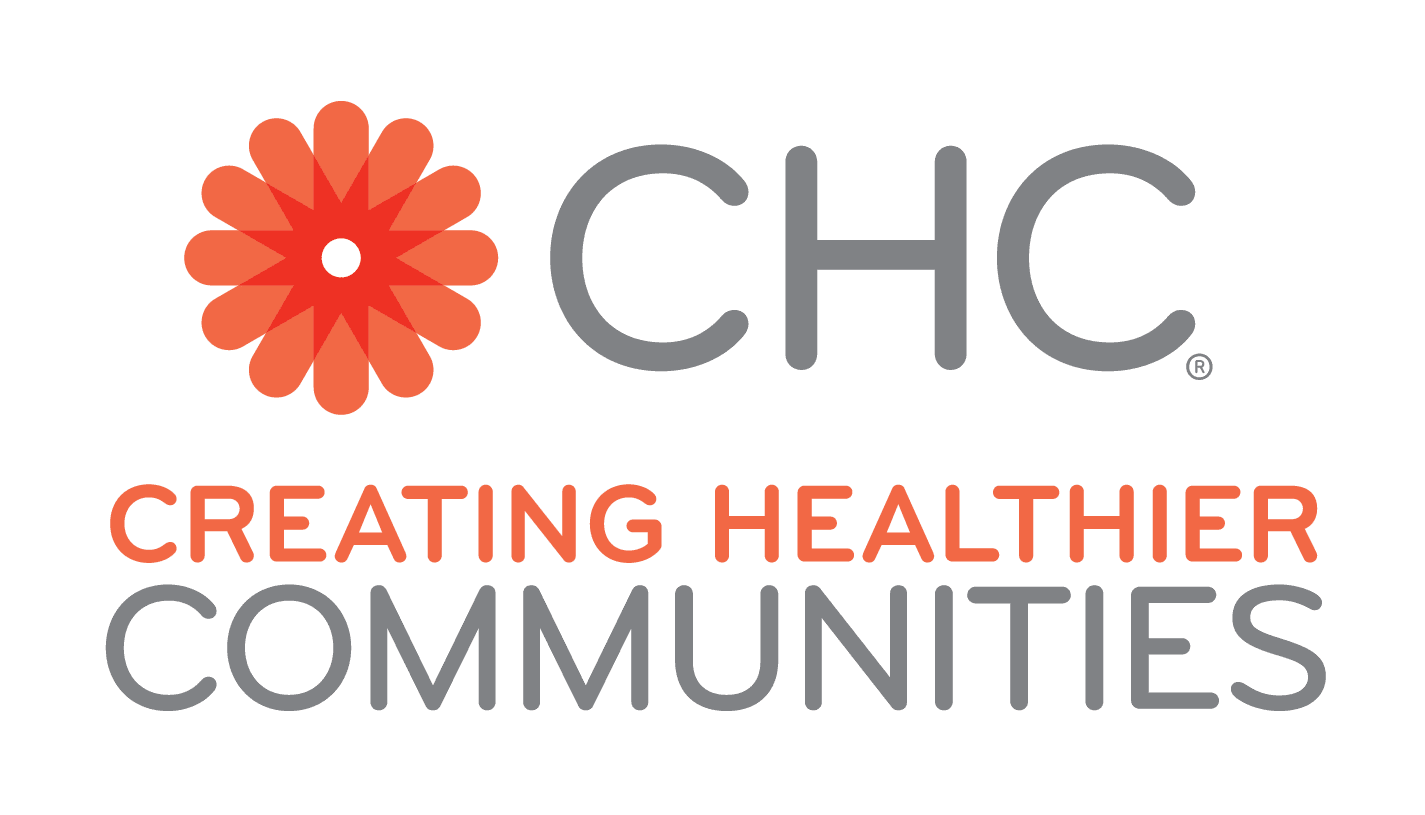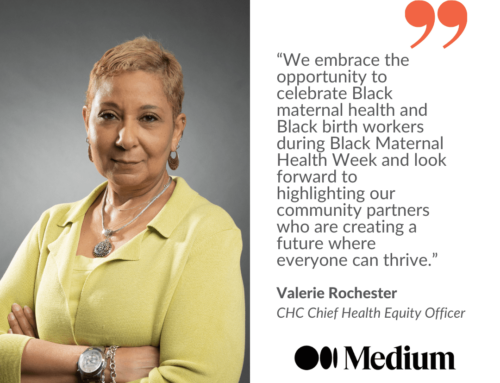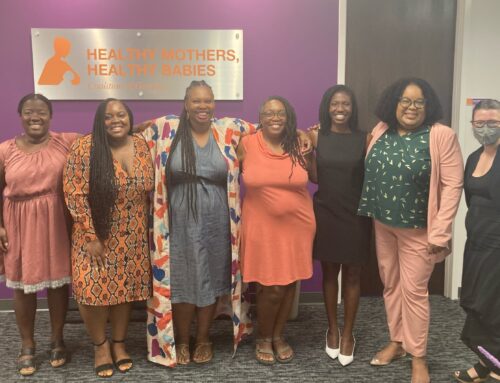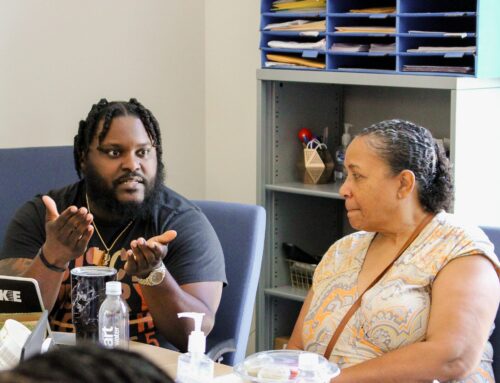By: Thomas G. Bognanno, President and CEO for CHC;
Racism is a Public Health Crisis
– Systemic racism impacts the health of every person of color in the U.S. but especially more so for Black Americans. Racism kills, and it is an undeniable public health crisis across our nation, affecting everything from infant mortality to life expectancy. The COVID-19 pandemic only made these health disparities more visible and harder to ignore. Black Americans have been experiencing a mortality rate at about 2.4 times the rate of white Americans. While some progress has occurred in selected areas, many glaring disparities continue to persist and even grow.
None of this is new as health disparities have been researched and reported on for decades now. The imperative before us, as a nation and each of us individually, is to seize this time in our history and move beyond the headlines and partisan struggles to a place where we all agree that we are facing a public health crisis, one that is a direct result of structural racism, and that it must end now.
Racism as a public health crisis equates to Black Americans that die from cancer at a rate higher than white people. Or, are more likely to suffer from diabetes, hypertension, heart disease and depression.
That toll is tragic, but it doesn’t end with chronic disease factors. Consider too that Black Americans also more likely than white people to live with serious food insecurity issues. Blacks are less likely to have access to green spaces and more prone to live in substandard housing units, many with unhealthy water and dirty air.
Citing statistics is not enough however if all it leads to a continuation of the inaction and ineffective policies of the past. We must be moved to outrage and compel ourselves to answer the questions of why and how this has happened — and why should it continue?
Dr. Martin Luther King once said, “injustice anywhere is a threat to justice everywhere.” This public health crisis is unjust, and it is everywhere and affects all of us. We need to act decisively and with urgency.
I share these examples because, as we continue to fight for equality in the justice system, it’s equally important that we fight for health equity for at-risk communities.
This is why Community Health Charities (CHC) is working tirelessly to address social determinants of health. Whether it’s through partnerships with companies and organizations directly impacting at-risk communities, hosting health convenings across the country and bringing together community and corporate leaders to discuss and address these issues, or providing resources to empower individuals to take action and improve their health.
Although our Board and staff are working diligently to raise awareness and address these issues, there is much work still to be done. It starts with each of us individually and here are some steps that will help us understand that health inequity, just like social justice, is an issue.
Read the full story on Medium.

Thomas G. Bognanno, President and CEO for CHC
Thomas G. Bognanno has been the President and CEO of Community Health Charities since January 2006. Prior to that, Tom had a distinguished 20-year career with the American Diabetes Association (ADA), where he served as the Chief Field Officer. He was instrumental in revitalizing ADA’s community-level infrastructure and acting as one of the chief architects of the Everyday Choices for a Healthier Life partnership between ADA, the American Heart Association, and the American Cancer Society. Before ADA, Tom spent six years with the American Cancer Society.
At Community Health Charities, Tom has been a catalyst for consolidating the organization and creating a new direction for its more than 2,000 charity partners nationwide and its network of over 17 million caring employees. Under Tom’s leadership, Community Health Charities evolved its mission to empower people to take action to improve health and wellbeing to build stronger, healthier communities. Community Health Charities supports education, treatment, and prevention for those with health challenges; brings organizations together to improve community health; provides individuals with opportunities to get involved; and increases the capacity of nonprofit organizations.
Residing in northern Virginia, Tom and his wife Suzan have been married for over 35 years and have raised three children.







